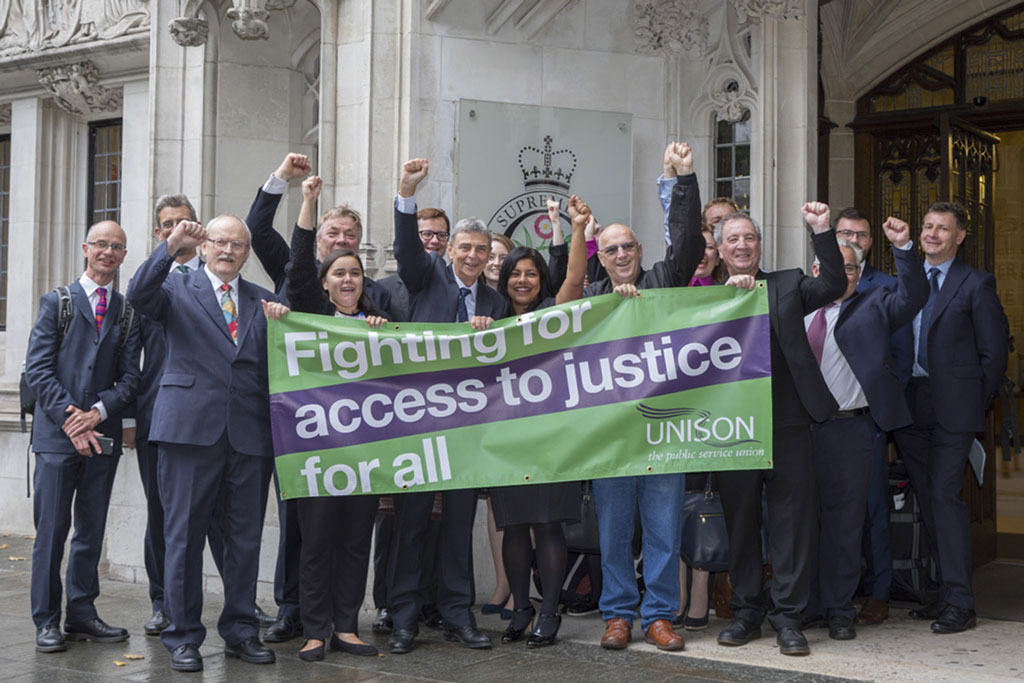
Steve Hynes discusses the root causes of a big rise in employment tribunal cases
Rises of up to 90% have been reported by the Ministry of Justice (MoJ) in their latest statistics on employment tribunal (ET) cases released on 8 March. The trend of an increase in claims has become established over the last six months since the successful challenge, brought by the trade union Unison, to the introduction of the ET fee scheme.
From 29 July 2013 two levels of fees were introduced for ETs. For type A claims involving cases such as non-payment of wages, a fee of £160 was payable to issue proceedings. A charge of £250 was made for type B cases which included discrimination and unfair dismissal claims. With the hearing fee the total cost for a type A would be £390 and £1200 for a type B case. The impact of the fees was immediate as the number of cases being brought plummeted by around 70%.
After the success of Unison’s case before the Supreme Court









